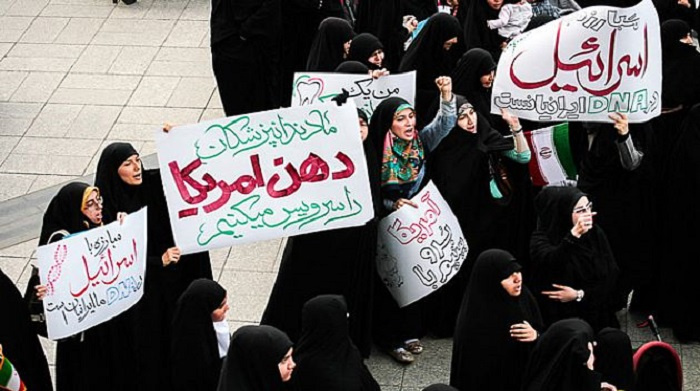Nuclear Dossier Will Not Be Resolved in Street Rallies

Foreign policy is a specialized field and forms one of the most complicated decision-making processes of every country. Therefore, foreign policy officials are usually among the most intelligent, most capable, most talented and most trusted forces of the political system. These officials have the responsibility to advance the strategic objectives of each country beyond its borders through diplomacy and recognized international laws and defend the national interests of the country.
Those who are active in diplomacy must have high capabilities including necessary knowledge of international issues and their country’s power and problems and coordination with power circles inside the country. It can, thus, be said that ambassadors are representatives of the political system and not a body or the president. Due to this approach, it is expected that in dealing with sensitive foreign policy issues all political parties bring their differences to a minimum level and transform rivalries into cooperation so that the related issue would bring maximum benefit for the country.
Regarding the nuclear case, this dossier was discussed in the presidential campaigns and, based on the promises, it gained the support of the majority of the people. One of the issues which brought people to the voting polls was the resolution of the nuclear issue. Therefore, one of the necessary conditions for the resolution of the nuclear dossier was the support of the majority of the people which was achieved in the presidential election.
But we know that in the Islamic Republic of Iran, this issue is a necessary condition and not a sufficient condition. Perhaps, the sufficient condition is that foreign policy must be in accordance with the Constitution and the general policies of the country which are defined by the Expediency Council and approved by the Supreme Leader. Fortunately, this issue was prudently pursued and based on the president’s strategy of a win-win approach prior to his visit to New York and during his first days as president and the approval of the Supreme Leader under the name of heroic flexibility, the president attempted to unlock the nuclear issue and transferred the case from the National Security Council to the Ministry of Foreign Affairs. Eight years of leading the nuclear case in the previous administration led to the adoption of five resolutions by the UN Security Council against Iran. These resolutions were considered as pieces of paper and worthless. But today, the same people who led the nuclear issue during those eight years express concern over the lifting of all sanctions. How could they answer this contradiction in the eyes of the public opinion?
They must be told that you showed your efficiency during those eight years. We also remember that serious limitations were imposed on the media by the decision-makers with regard to the reports about the sanctions. Today, how could they justify the change in their media positions and approaches? Today, their publications not only publish the most undesirable titles but also have created an atmosphere in the streets to express their opinions and stage protests. Where in the world are foreign policy issues formed in the streets? Foreign policy is the area of intelligent and talented diplomats wherein some issues should not even be discussed in the media and its negotiations should succeed behind the negotiation table. The Supreme Leader has, several times, expressed his support of the negotiating team. The critical movement has a supervising parliamentary position and can express their opinion in the parliament and the negotiating team gives reports to them. Drawing the issues among certain people who are not present in foreign policy and diplomacy would only excite the sentiments of these people and interrupt the trend of negotiations. This is while their objective should be to move within the framework of national interests so that they could repair their past record in this regard. The continuation of such a trend would not only not have any achievement in the national interests of the country but would also damage the decision-making atmosphere in foreign policy. This issue will not be resolved in street rallies.

